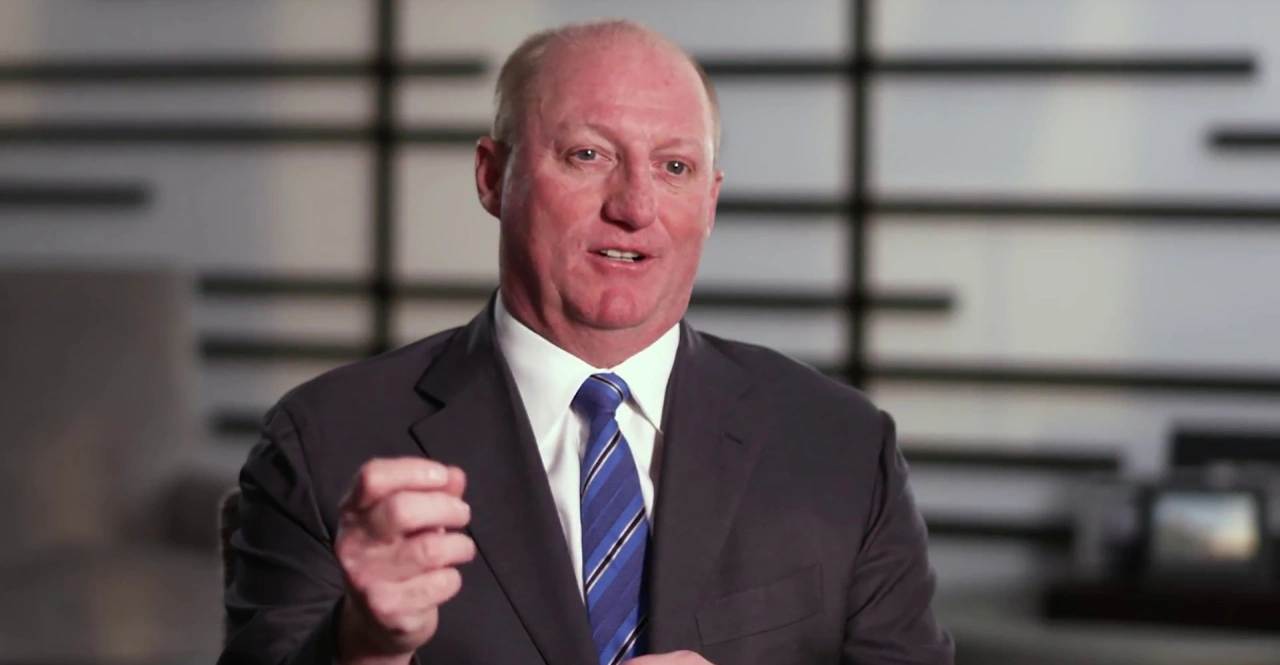
As Warren Buffett prepares to transition from the CEO role at Berkshire Hathaway, the investment world is focusing keenly on the man set to take the reins: Greg Abel. While Buffett's legacy is unparalleled, understanding Abel's background, responsibilities, and potential approach is crucial for shareholders and prospective investors. Here are three key facts about Greg Abel that offer insight into the future leadership of the sprawling conglomerate:
1. He is the Clearly Designated Successor, Vetted Over Years.
The question of who would succeed Warren Buffett was a subject of speculation for years. However, that uncertainty was definitively settled when Buffett confirmed Greg Abel as his chosen successor for the CEO position. This wasn't a sudden decision; Abel has been a key executive within Berkshire's structure for over two decades. He joined Berkshire in 2000 through the acquisition of MidAmerican Energy (now Berkshire Hathaway Energy), where he was already a significant leader. His elevation to Vice Chairman of Berkshire's non-insurance operations in 2018 signaled his increasing importance, and Buffett has publicly and privately expressed immense confidence in Abel's capabilities and his alignment with Berkshire's core values and culture. This long, deliberate process indicates a well-planned transition, not a hasty decision, offering investors a degree of confidence in leadership continuity.
2. He Possesses Deep Operational Expertise Across Diverse Businesses.
Unlike Warren Buffett, whose public persona is largely centered on capital allocation and investment strategy, Greg Abel's primary expertise lies in operations and management. As the head of Berkshire Hathaway Energy (BHE), he oversaw the significant growth and strategic direction of a vast utility and energy empire, including major acquisitions and investments in renewable energy. Furthermore, his role as Vice Chairman of non-insurance operations has given him oversight of a vast and diverse portfolio of Berkshire's companies, ranging from the BNSF Railway to consumer brands like Dairy Queen and See's Candies, as well as numerous manufacturing and retail businesses. This hands-on experience running large, complex operating businesses provides him with a comprehensive understanding of the intricate workings of a substantial portion of Berkshire's value, a different but equally vital skillset compared to Buffett's legendary investing prowess.
3. Expect Continuity in Culture and Capital Allocation Principles.
A key question for investors is whether Berkshire's unique culture and successful capital allocation philosophy will persist under new leadership. Both Warren Buffett and Greg Abel have strongly emphasized that the fundamental principles that have guided Berkshire for decades will remain intact. Abel is expected to uphold Berkshire's decentralized management model, allowing subsidiary leaders significant autonomy. Critically, Buffett has stated that Abel “understands capital allocation as well as I do,” suggesting that major investment decisions will continue to be made with the same long-term, value-oriented approach that has defined Berkshire. While Abel may bring a slightly more active management style to the operational side, the core strategy of maintaining a fortress balance sheet, acquiring quality businesses at fair prices, and allowing them to run independently is anticipated to continue. Investors should watch for how Abel deploys Berkshire's substantial cash pile, but the underlying framework is expected to echo Buffett's established principles.
In essence, Greg Abel represents a blend of experienced operational leadership forged within the Berkshire ecosystem, combined with a deep understanding of the company's unique culture and financial principles. While no one can fully replicate Warren Buffett's singular influence and investment track record, Abel is positioned to provide stable and competent leadership, building upon the formidable foundation that has been established.
















